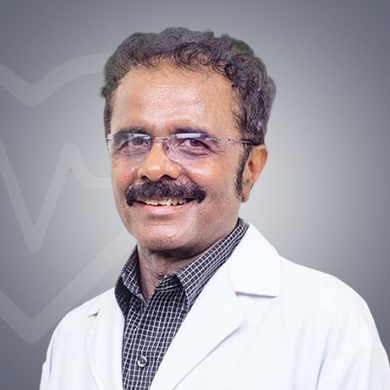
Opthalmologist
Sharda Hospital , Noida, India25 Years of experience
Speaks: English
Dr Yogesh Arora has treated a wide variety of conditions with high success rate and accuracy. Some of the conditions treated by the doctor are:
Some of the most common eye conditions that the ophthalmologist treats are Diabetic Retinopathy, Dry eye Syndrome, and Conjunctivitis. The doctor might prescribe some antibiotics for bacterial conjunctivitis. Antibiotics might help lessen the length of infection. For dry eyes, the doctor will do physical examinations, and treatment may include use of artificial tears and reduce tear drainage.
Eye conditions can produce different symptoms and these can differ from person to person. Some of the signs and symptoms of different types of eye conditions include:
Routine eye exams are the best way to avoid any vision problems. In case you did not have an eye exam for more than a year, you should schedule a visit with your eye doctor. Being aware of some warning signs can help you take the required steps for the health of your eyesight, especially if the vision symptoms appear suddenly. In most cases, detached retina and onset of glaucoma, quick intervention is required to minimize the permanent vision loss.
The working hours of doctor Yogesh Arora are 10 am to 5 pm. The average work hours of the doctor is 47 hours per week.
Dr Yogesh Arora is an experienced opthalmologist who performs a number of popular procedures mentioned below:
LASIK is the most common type of eye surgery that fixes issues with the way the eyes focus. It could be an alternative to glasses and contact lenses. During this surgery, a special kind of cutting laser is utilized to change the shape of the clear tissue in the cornea to improve vision.

Share Your Experience about Dr. Yogesh Arora

An ophthalmologist is a medical doctor who is trained in vision and eye care. Ophthalmologists are different from optometrists and opticians because of their different levels of training and the conditions they diagnose and treat. Some ophthalmologists work closely with other medical experts to provide care for chronic eye conditions. If you have an eye problem such as cataracts or any other conditions that would require surgical treatment, an ophthalmologist is a suitable doctor to address your problem. Though an ophthalmologist generally treats eye-related problems, they may also offer consultation for conditions that are not linked to the eyes. They also take part in scientific research to find new treatment methods.
The tests required before and during the consultation by an opthalmologist include:
Eye exams are critical because severe eye diseases such as glaucoma, cataracts, macular degeneration, or diabetic retinopathy may have minimal symptoms until the condition has progressed. An eye exam involves a number of tests to check your vision and eye diseases. An opthalmologist will perform a series of tests to find out the eye problem and will recommend a treatment plan.
In the below-listed situations, you must seek assistance from an opthalmologist:
The above signs and symptoms should not be ignored and must be discussed with an eye specialist because the diagnosis of eye condition at an early stage will help the doctor to plan effective treatment, They may also discuss your symptoms with other doctors to determine the right treatment.